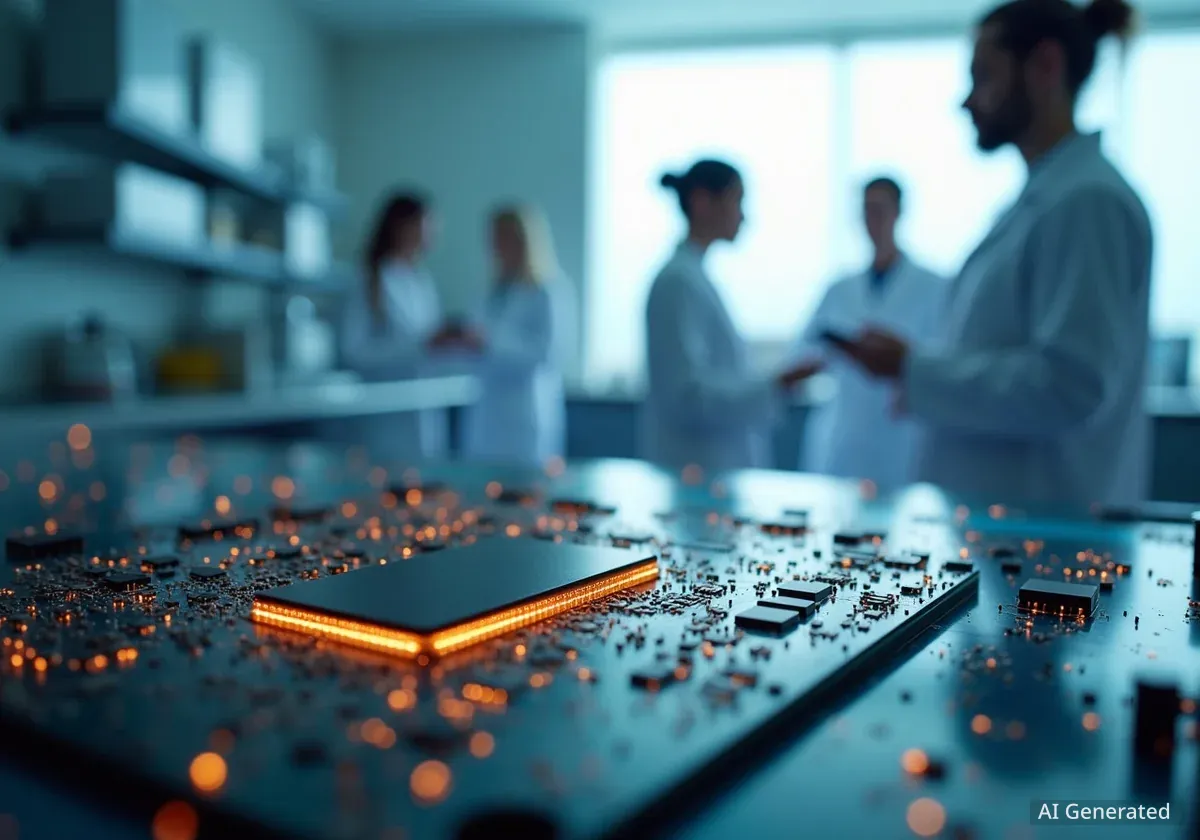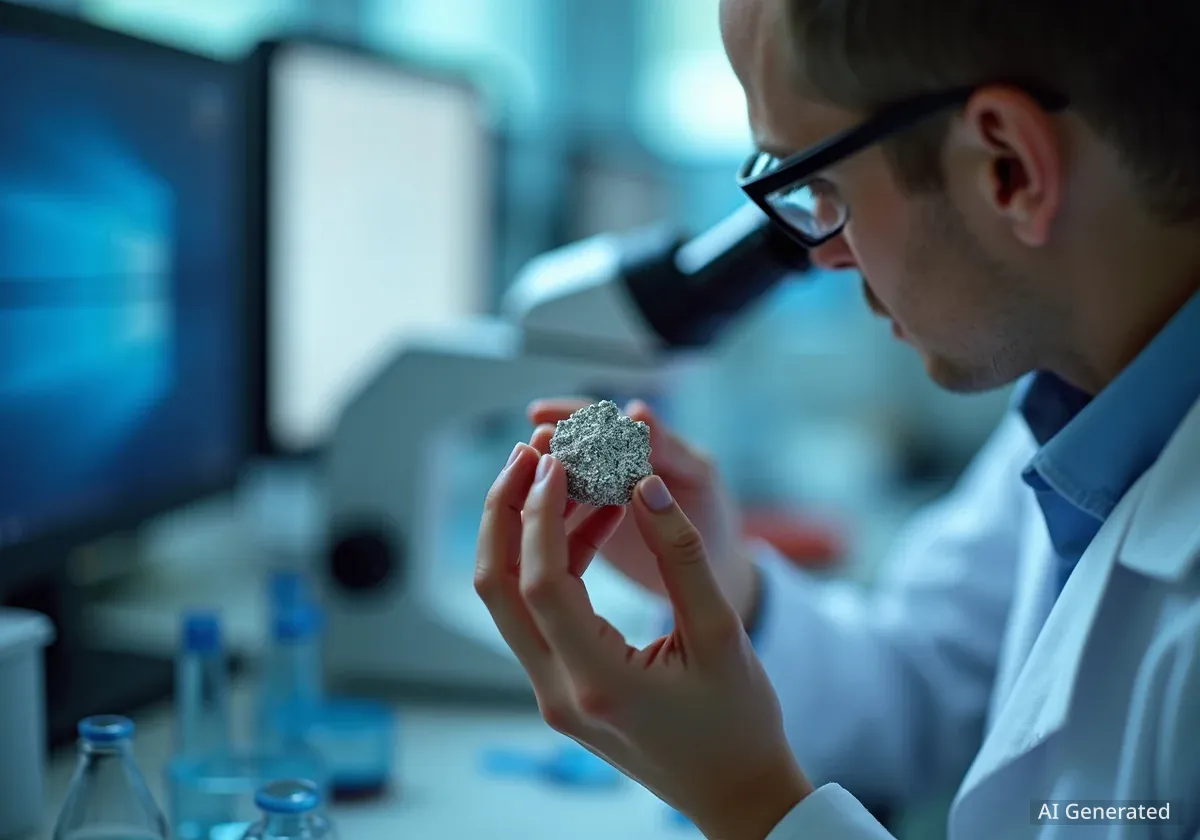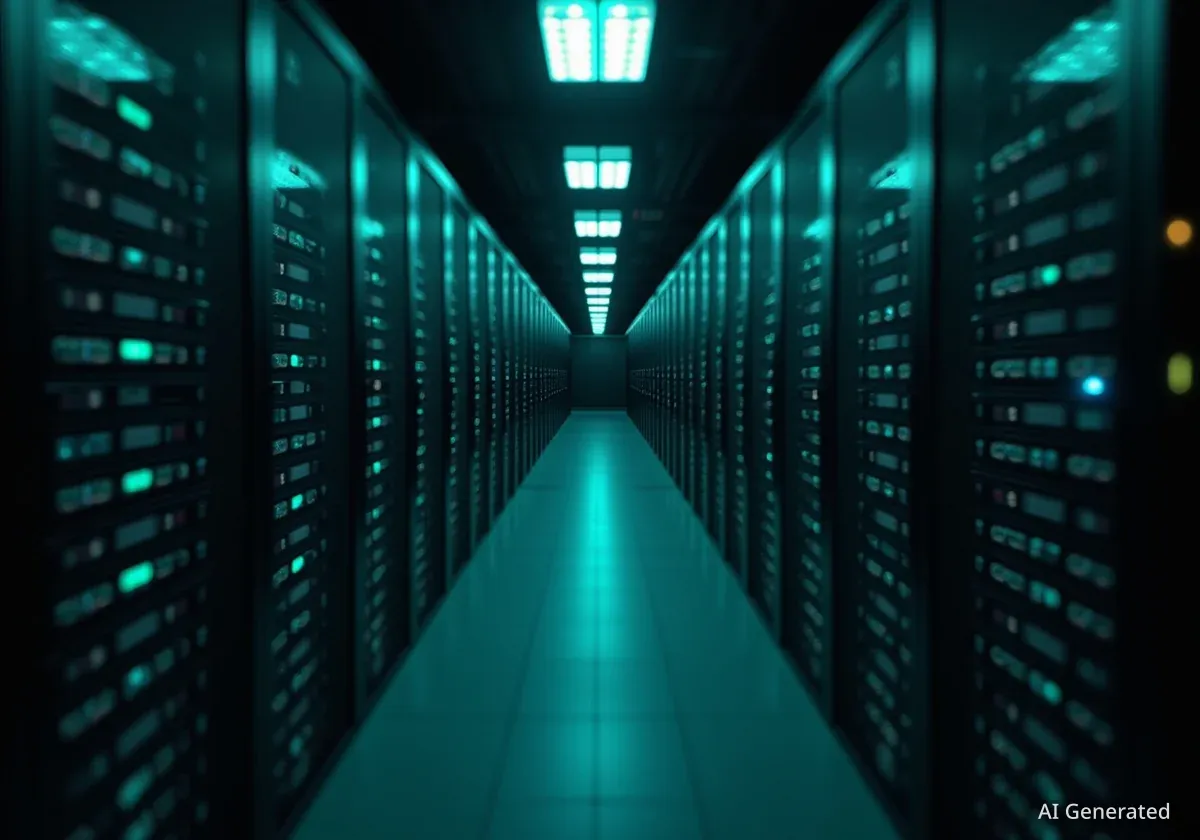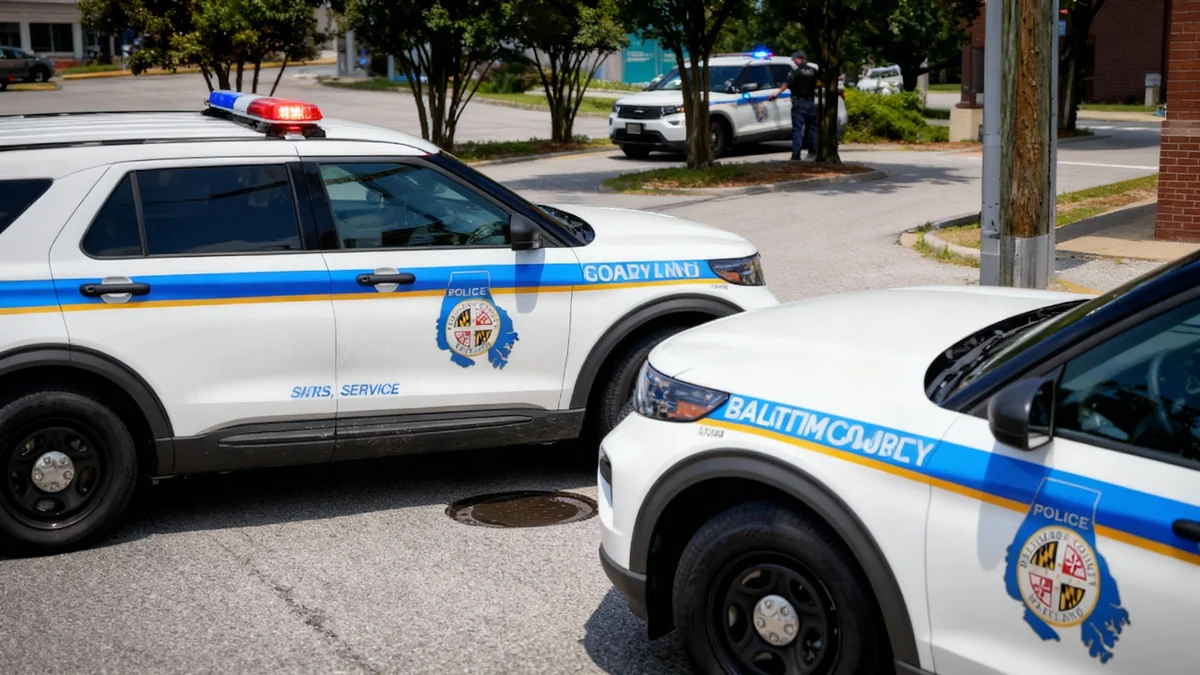Boise State University has received a historic $7.4 million award from the U.S. National Science Foundation (NSF), the largest grant of its kind in the university's history. The funding will establish a new research center focused on advancing Idaho's semiconductor workforce and developing energy-efficient technologies for artificial intelligence.
The grant, an NSF EPSCoR Centers of Research Excellence in Science and Technology (CREST) award, will fund the creation of the Center for Advancing Workforce Experience through Semiconductors, Outreach, and Mentoring Excellence, known as the 'AWESOME' Center. This initiative aims to solidify Boise State's position as a national leader in semiconductor research and education.
Key Takeaways
- Boise State University received a record-breaking $7.4 million grant from the National Science Foundation.
- The funding will establish the 'AWESOME' Center for semiconductor research and workforce development.
- Primary goals include reducing the energy cost of AI and creating educational pathways for students in the semiconductor industry.
- The award strengthens Idaho's role in the national semiconductor sector and supports Boise State's goal of achieving "R1" research status.
A Landmark Investment for Idaho's Tech Future
The $7.4 million grant represents a significant milestone for Boise State University. Interim President Jeremiah Shinn described the award as a defining moment for the institution.
"This historic award marks a proud and defining moment for Boise State. It affirms the creativity and expertise of our faculty, expands opportunity for our students, and strengthens Idaho’s position in an industry that is vital to our nation’s future."
The funding is intended to build on the university's existing strengths, combining multiple research teams and infrastructure into a single, focused center. This move is expected to enhance the state's contribution to the U.S. semiconductor industry, a sector critical for national security and economic growth.
Record-Setting Funding
The $7.4 million NSF CREST award is the largest single National Science Foundation grant ever received by Boise State University, highlighting the national importance of its semiconductor research programs.
The 'AWESOME' Center's Mission
The newly established AWESOME Center has a multi-faceted mission centered on research, education, and workforce preparation. It aims to address some of the most pressing challenges in computing technology while creating a direct pipeline of skilled professionals for the industry.
Core Research and Innovation Goals
A primary research objective of the center is to pioneer new methods for reducing the significant energy consumption associated with artificial intelligence. Researchers will focus on fabricating new materials designed to increase computing speed and efficiency.
Eric Jankowski, the project's principal investigator and director of Boise State’s Micron School of Materials Science and Engineering, emphasized the center's practical focus. "This is an award that primarily provides opportunity for students to get into the semiconductor industry, and adds a layer of ability and opportunity that we haven’t had in the past," he said.
Student Opportunities and Workforce Development
Beyond research, the AWESOME Center is designed to be a hub for student development. The initiative will implement modern computing courses and expand resources for Vertically Integrated Projects, which provide hands-on research experience to undergraduate students.
A robust mentoring program will connect students with faculty and industry professionals, preparing them for careers in the high-demand semiconductor field. This focus on education and mentorship is a cornerstone of the project's design, ensuring a lasting impact on Idaho's workforce.
What is an NSF CREST Award?
The NSF's Centers of Research Excellence in Science and Technology (CREST) program supports the enhancement of research capabilities at minority-serving institutions. The program aims to increase the number of researchers from underrepresented groups in science and engineering, thereby broadening participation in STEM fields.
University Leadership on the Landmark Grant
Leaders at Boise State view the grant as a validation of the university's strategic focus on engineering and technology. The award is also seen as a critical step in the university's journey to achieve an "R1" designation, which signifies the highest level of research activity for doctoral universities.
Amy Fleischer, Dean of the College of Engineering, highlighted the grant's impact on both students and faculty.
"This historic award from the National Science Foundation underscores the strength of Boise State’s faculty and their commitment to shaping the future of engineering and workforce development in Idaho. The AWESOME Center will provide students with unparalleled opportunities to learn, research, and innovate in semiconductors."
Fleischer added, "I am especially proud that this center unites education, research, and mentorship to prepare the next generation of engineers who will drive innovation and economic growth."
Building on a Foundation of Excellence
The success in securing this grant was not an overnight achievement. Jankowski noted that the award is the culmination of years of dedicated work by faculty, staff, and industry partners.
"This award is a recognition of decades-long effort across Boise State faculty, research administrators, industry partners and staff around strategy and teamwork that has built the foundation for this historic partnership," Jankowski stated. "It’s truly an example of Boise State’s innovative thinking and we’re so excited to show off the work of our AWESOME students!"
The Interdisciplinary Team
The project brings together a diverse team of experts from various departments across the university, ensuring a comprehensive approach to the challenges of semiconductor research and education. The key personnel include:
- Eric Jankowski: Principal Investigator and Director of the Micron School of Materials Science and Engineering (MSMSE).
- Leslie Atkins: Professor in the Department of Teaching, Learning, and Community Engagement.
- James Fredricksen: Director of the Institute for Inclusive and Transformative Scholarship.
- Elton Graugnard: Associate Professor and Associate Director of Research in MSMSE.
- Lan Li: Professor of Materials Science and Engineering.
- Kurtis Cantley: Professor of Electrical and Computer Engineering.
- Karthik Srinivasan: Assistant Professor of Electrical and Computer Engineering.
Support from the Division of Research and Economic Development was also crucial, with contributions from Adam Musser, Ariana Azar-Farr, and Jessica Foxworthy. This collaborative effort demonstrates the university-wide commitment to advancing its research mission and supporting Idaho's economic future.





